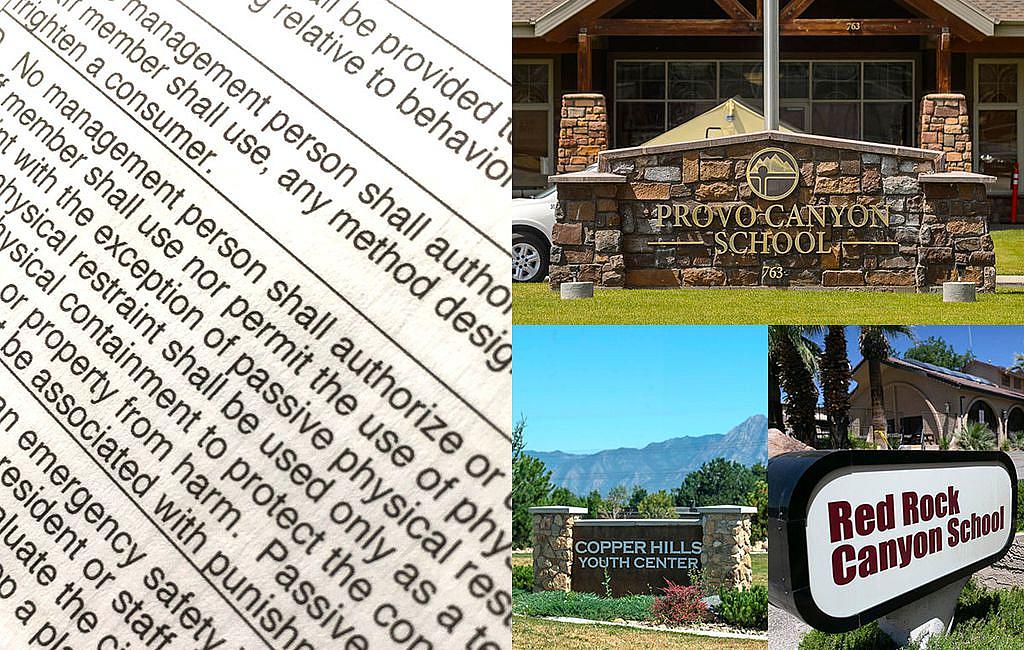I’ve spent a year looking into the “troubled teen” treatment centers scattered throughout our state, and I’ve run into the same problem repeatedly — records that should be easy to get are not.
Why we raised money to get reports on Utah’s ‘troubled teen’ treatment centers
This story was produced as part of a larger project by Jessica Miller, a participant in the 2019 Data Fellowship. It focuses on the troubled rehabilitation industry in Utah, where youth residential treatment centers are abundant but lack adequate oversight.
Also in this series:
Paris Hilton says she was abused while at Utah facility for ‘troubled teens’
Part 2: Provo Canyon School’s history of abuse accusations spans decades, far beyond Paris Hilton
Paris Hilton creates petition to shut down Provo Canyon School
Paris Hilton leads rally against Provo Canyon School
Part 3: Utah faces criticism for its light oversight of ‘troubled teen’ treatment centers
Part 4: Former students at Utah troubled-teen centers say their reports of sex abuse were ignored
Utah inspectors find no problems in ‘troubled-teen’ facilities 98% of the time
Increased oversight is coming to Utah’s ‘troubled-teen’ industry
A girl, her hands zip tied, was forced to sit in a horse trough at a Utah ‘troubled-teen’ center
Utah officials want your help as they draft new rules for the ‘troubled-teen’ industry

The Salt Lake Tribune is raising money to get inspection reports and sustained complaints for every youth residential treatment center in Utah. Donations are accepted at sltrib.com/ourrecords.
UPDATE: We have met our goal with the help of more than 100 supporters. Thank you all. We are in the process of requesting these records now. If you would like to continue tracking our progress, we’ll be sending regular emails. Also, any future contributions will support The Tribune’s efforts to access public records.
I’m talking about state reports in which investigators found abuse or neglect. I’m talking about the basic inspections.
Utah’s Department of Human Services has them and agrees they are public documents. But to get them, they are requiring that we pay redaction fees. The bill? More than $6,000.
My editors are letting me try an experiment. This is The Salt Lake Tribune’s first attempt at crowdfunding. We are trying to raise $10,000. With that money, we’ll get the records, and we’ll build a database to make them available to all for free.
Please donate, even if it is just a few dollars.
So far, I’ve written stories about:

(Francisco Kjolseth | The Salt Lake Tribune) Jessica Miller.
Over this past year, I’ve had parents reach out and ask for help finding out about a treatment center. They didn’t have much time to choose a facility, they said, and worried they might be making the wrong decision and that their loved one might be harmed.
It’s heartbreaking because these people weren’t seeking my advice or my endorsement — which, of course, is not my role as a journalist. All they wanted was information. This is information the state government has.
Let’s get it for them.
My hope is that we raise enough money to be able to provide these records to the public (with the names of patients redacted), and, if by chance we surpass that goal, we will use any extra funds to help Tribune reporters gain access to other public records.

